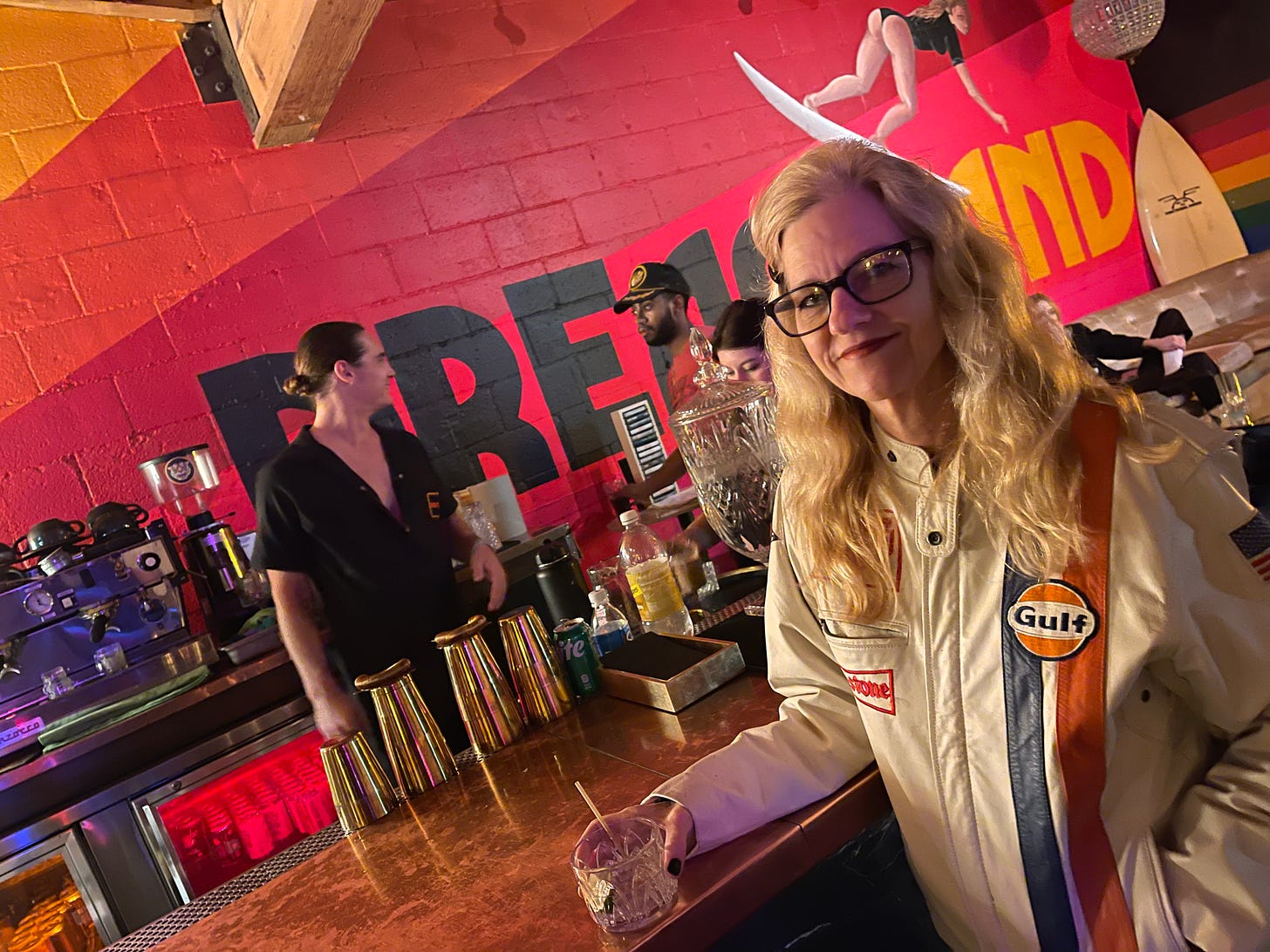In Conversation: Tricia Halloran
The music supervisor stops by to talk about what a normal day looks like, delivering the right song for the right scene, and drivetime radio
Keep reading with a 7-day free trial
Subscribe to On Repeat Records to keep reading this post and get 7 days of free access to the full post archives.




